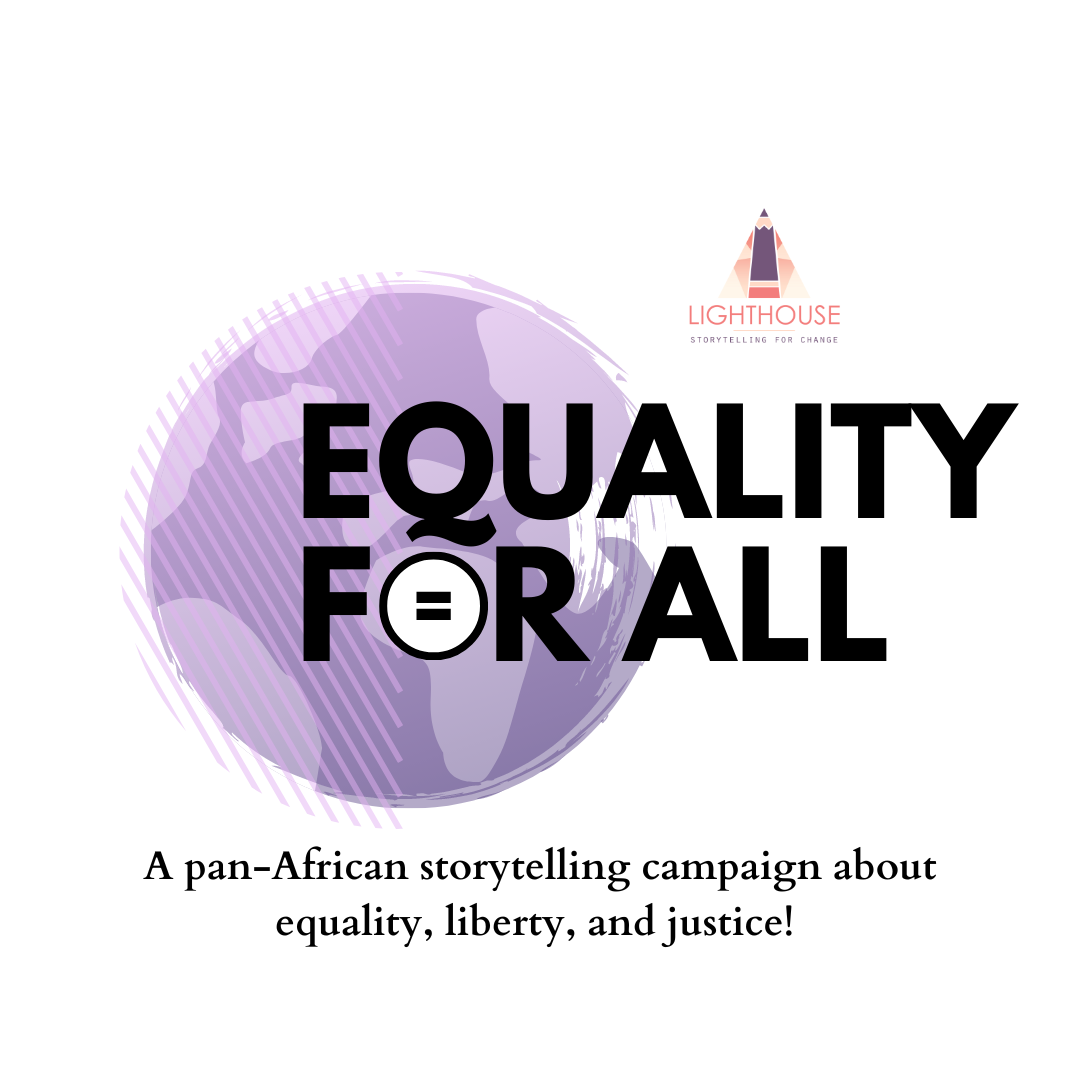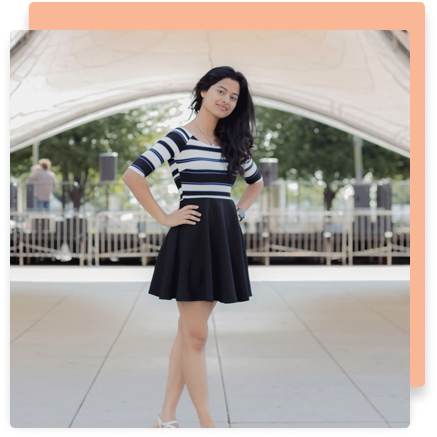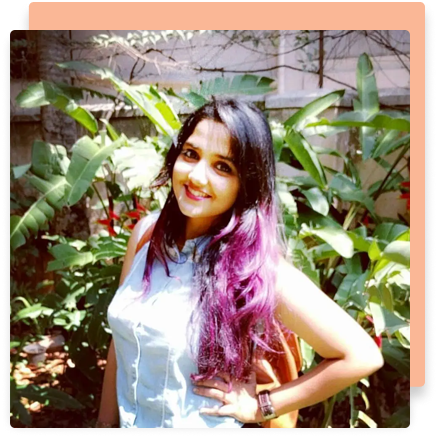Equality for All

Listen. Across markets, back alleys, community halls and living rooms from Nairobi to Lagos, people are telling themselves who they are. Equality for All was our invitation to listen more carefully. It began as a question: what happens when the people most affected by unfair laws, slow courts, unequal economies and quiet everyday exclusions are given space to tell their stories in their own language and in their own voices? The campaign grew into a living archive of testimony, witness and imagination. It is a map of justice made of sound, text, film and the rhythms of ordinary life. The work we published was never meant to lecture. It was meant to reframe. It was meant to turn data into faces, policy into pulse, and statistics into songs.
Stories do the work that reports cannot. They translate law into lives, policy into possibility. If justice is to be more than a word, we must let the people most intimate with its absence define what it looks like.
Africa is home to roughly one and a half billion people, a fact that makes the stakes of justice and equality continental in scale (Our World in Data). Seventy percent of Sub-Saharan Africa’s population is under the age of thirty, representing a powerful demographic force. Young voices are not only the future; they are the majority present (United Nations). Internet access across the continent is expanding rapidly but unevenly. While large national markets now count tens of millions of users, many rural areas remain chronically offline. Nonetheless, the use of social platforms and audio streaming continues to rise each year (DataReportal – Global Digital Insights). Most of the world’s extreme poverty is concentrated in Sub-Saharan Africa, and this economic pressure shapes how people experience justice, mobility, and voice (World Bank). Public perception also plays a critical role. Recent Afrobarometer data shows that a majority of respondents believe people are often or always treated unequally under the law, and many perceive discrimination based on economic status. These perceptions shape civic trust and the appetite for change.
Today, the impact of ‘Equality for All’ continues to grow, with stories being shared in classrooms, youth forums, and community spaces, sparking deeper conversations and inspiring collective action.
Stories of Change: Journeys Toward Justice and Equality
We see differently
Shannan Browne South Africa We see differently As a woman who has taught in classrooms around the world, I have learned a truth: We see differently. In Taiwan, I was teaching a class in a city and a cockroach decided to venture out and scuttle across my...
Divided By Borders, Connected By Hearts
Manal Khawar Pakistan Divided By Borders, Connected By Hearts With bundles of nervousness and a pinch of excitement, I hopped on the plane from Pakistan on a scholarship program to the USA. As I landed, the horrifying stories of racism and Islamophobia started...
Never Too Much for Anything
Anne-Sharlene Murapa Johannesburg, South Africa Never Too Much for Anything I have lost count of the number of times that I have read up on the history of my people (the Shona and Ndebele of Zimbabwe), to further understand what my supposed culture could...
Arzu
Lalitha AR Bengaluru, India Arzu It was the first time eight-year-old Arzu was on an airplane. She had dreamt about taking her first flight with Baba for a long time, but this journey was nothing as her dream. Her Baba wasn't with her. He had been killed by...
Through this, together
Habiba Gicheru Nairobi, Kenya Through this, together The whole season had been tough and nothing seemed to be looking up for the small family. It was the sixth week since the entire country had gone on a lockdown. Gakenia and her friends had been out of their...
Mama’s Wonder Son
Emma Wangari Maina Nairobi Mama’s Wonder Son January 16, 1999, It would help if I began from the beginning. On March 12th, 1986, a bouncing boy opened his eyes, hardly crying. He didn't notice the jolly faces of the onlookers above him, who held him and...











